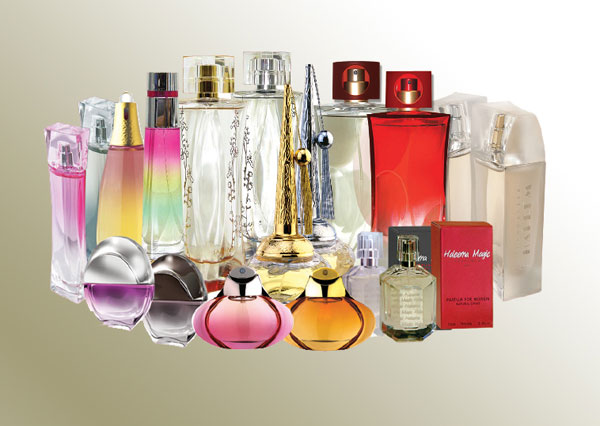Origin of perfume - Glamorous medicinal flavor
Perfumes are considered to be the gods that increase the attraction between men and women. It is the catalyst for the vibe through the smell of the body. They are not only available for use in creating odors but also as an art form of aromatherapy. Let's step into the world of perfumes to learn the historical journeys to create this wonderful medicinal god.
Recorded documents show that the history of perfume formation and development dates back to ancient Egypt. From the excavation of the pharaoh's tomb, particularly the tomb of Tutankhamun, the vestiges and signs of perfumes are quite evident on the dead body. The origin of this work originates from the beliefs of worshiping the gods of Egypt. They use fragrant woods, scented herbs or grass turns to make aromas for sacrificial rituals. Among them, there is a very famous type of incense named Kyphi extracted from aromatic resin, juniper eggs, pistachio and some other materials.

Archaeologists have discovered frescoes that describe the cohesion of fragrant materials in the ancient life of ancient Egyptians. In addition, they found the aromatherapy pitcher dating back to 4,000 years BC that was elaborately crafted and artistic.
Not only stop at aromatic flavoring, Egyptians also know how to make special ointments and essential oils that can keep incense for a long time. They will be applied to the body, placed in cloth bags placed in clothes or used directly on hair.
Later, the use of aromatics spread on a large scale and introduced to the surrounding areas. After the Egyptians dominated the Mediterranean trading area, the Phoencia merchants transported and traded perfume in Greece. Although these merchants encountered restrictions under decrees that prevented the spread of imported perfume, the Greeks considered perfume as a symbol, and they used them in part. indispensable in his artistic and cultural life.

Under the influence of Middle Eastern and Greek culture, the Romans also blended into the social trend and were attracted by this charming fragrance. They not only use aromatherapy in religious and funeral ceremonies but also consider them essential for personal life. They have developed, extracts are various flavor flavors to enrich the perfume world. Aristocratic families also use aromatic oils to enter the fountains, making the palace more warm, sweet and noble.
Kito rebellion is the threat of destruction to the world of aromatic spices. They make perfume useless, without any meaning in sacrificial rituals, religions and beliefs. However, Arabs have protected perfumes because they really love and love it. Mohammed devotees have blended the aroma with the smell of building bricks on the mosques.
The collapse of the Roman Empire with bloody wars, barbaric invasions brought a dark period to perfume. Life was turned upside down, people were struggling to make ends meet. However, fortunately after pacification, the perfume has gradually returned with a more modern and effective preservation and manipulation technique. In this period, the historic event of perfumery was that they knew how to preserve the perfume in glass tubes and precious materials that made the scent unaffected outside the air. . A more diverse use of aromas includes amber, flowers such as jasmine, rose, musk and herbs.

The ups and downs of perfume go through the development stage of society until the modern period. At that time, there were calm periods, sometimes outstanding breakthroughs. The perfume industry has also begun to develop with a tendency to focus on emanating emotions from the senses. How to extract the fragrance subtly, stimulating the human nervous system. Typically, France has been at the forefront and pioneer in this area. We can see, this country is now considered the country of the famous perfume company.
Not everyone loves perfume, it depends on each person's senses and senses. But reasonable historical information should we grasp the understanding of part of the knowledge of society, an art culture that people create.
- When did perfume come from?
- Recreating the perfume of Queen Cleopatra 2,000 years ago
- The most effective way to use perfume
- The story of the classic perfume is not everyone knows
- Why is Chanel No.5 a perfume legend nearly 100 years old?
- Use manure to prepare perfume, sell for 1.3 million VND / bottle
- Discover about 4 perfumes with 1-0-2 in the world
- Medicine flavor from chrysanthemum
- Why does perfume smell different from each other?
- Russian imminent imminent perfume perfume
- Getting the smell of coffee, the perfume appears
- New discovery about coffee flavor perception
 'Fine laughs' - Scary and painful torture in ancient times
'Fine laughs' - Scary and painful torture in ancient times The sequence of numbers 142857 of the Egyptian pyramids is known as the strangest number in the world - Why?
The sequence of numbers 142857 of the Egyptian pyramids is known as the strangest number in the world - Why? History of the iron
History of the iron What is alum?
What is alum?